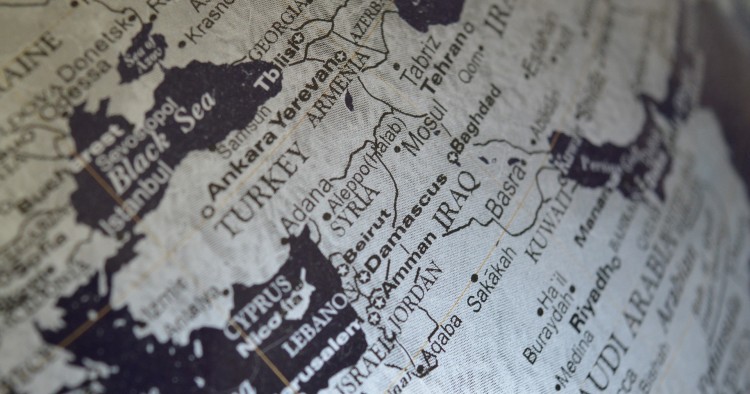This piece is published in the Spring 2019 issue of The Cairo Review of Global Affairs.
In fundamental ways, the future is the only thing that really matters; how a society will fare in the years ahead is, and should be, the central concern of policymakers. A focus on the future necessarily has three elements: an examination of what the key drivers, scenarios, risks, and opportunities in the future will be; a vision of what kind of future one wants for one’s society; and a plan for how to get there.
The field of “future studies” is not about the impossible task of predicting the future, but rather about examining key drivers and dynamics that will likely be at play, thinking creatively and rigorously about what various scenarios and outcomes might look like, and helping decision-makers chart a course within imagined possibilities. Future studies is an activity that organizations, corporations, and states are increasingly engaged in, and ignore at their peril. A limited amount of work has been done to explore the various drivers, dynamics, and scenarios that might impact the Arab World and the Middle East, but such an endeavor is fundamental for scholars and pundits alike.
With regard to having a vision of the future, the Arab World is at a moment of particular passivity: I would say that in the past, we used to have a future. Past generations had vivid ideas about what a better future would look like, and focused their efforts to bring that about. When the American University in Cairo was established a century ago, a host of intellectuals throughout the Arab World promoted the vision of a liberal future based on humanism, pluralism, secular nationalism, and democratic government. After World War II and the establishment of Israel, Arab nationalists promoted a statist vision of the future, in which strong states would provide economic progress and social justice at home and victory abroad. Arab leftists promoted a socialist view of the future in which progress would be achieved through restructuring international and domestic economic relations. Islamists have argued that securing a strong future consists of reviving a golden Islamic past. Some of these visions of the future clashed in the events of 2011 and their aftermath; liberals and Islamists promoted competing visions of the future, while statists generally won out in the end.
Our current Arab World is suffering from a “future deficit,” in that ambitious dreams for an alternative and profoundly better future have been shoved aside in favor of the short-term goals of maintaining stability and security, and avoiding civil war or state collapse—all worthy, but not transformative long-term objectives in themselves. A society needs a strong vision of its future in order to marshal national resources and policies in a proactive and transformative manner. As a wit once said, “If you don’t have a sense of where you want to go, you are likely to end up somewhere else.”
The Middle East Institute (MEI) is an independent, non-partisan, non-for-profit, educational organization. It does not engage in advocacy and its scholars’ opinions are their own. MEI welcomes financial donations, but retains sole editorial control over its work and its publications reflect only the authors’ views. For a listing of MEI donors, please click here.













